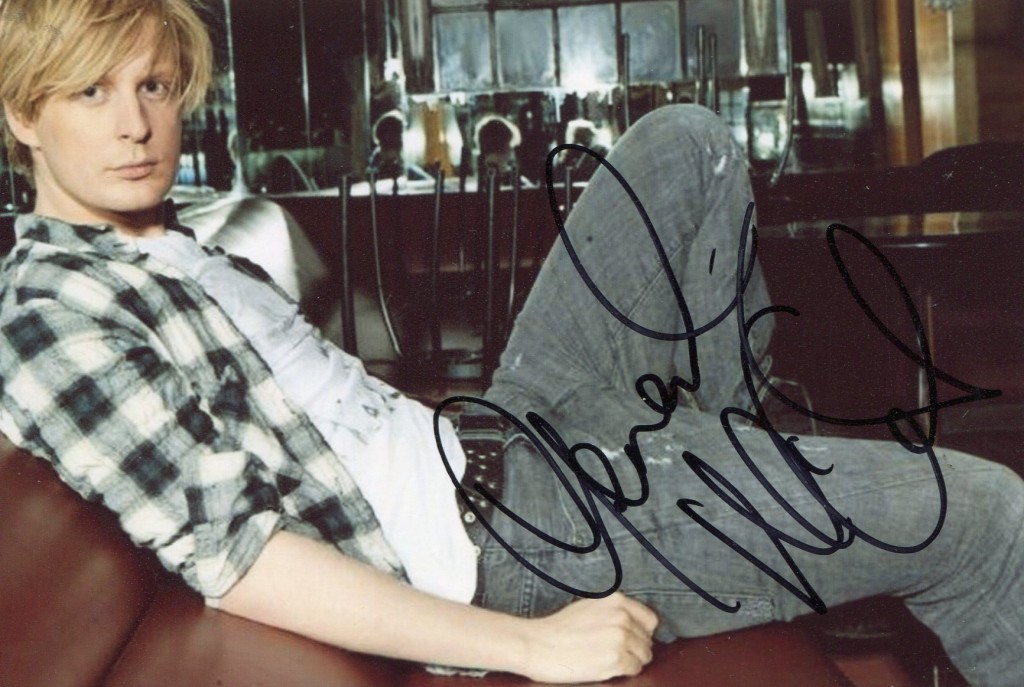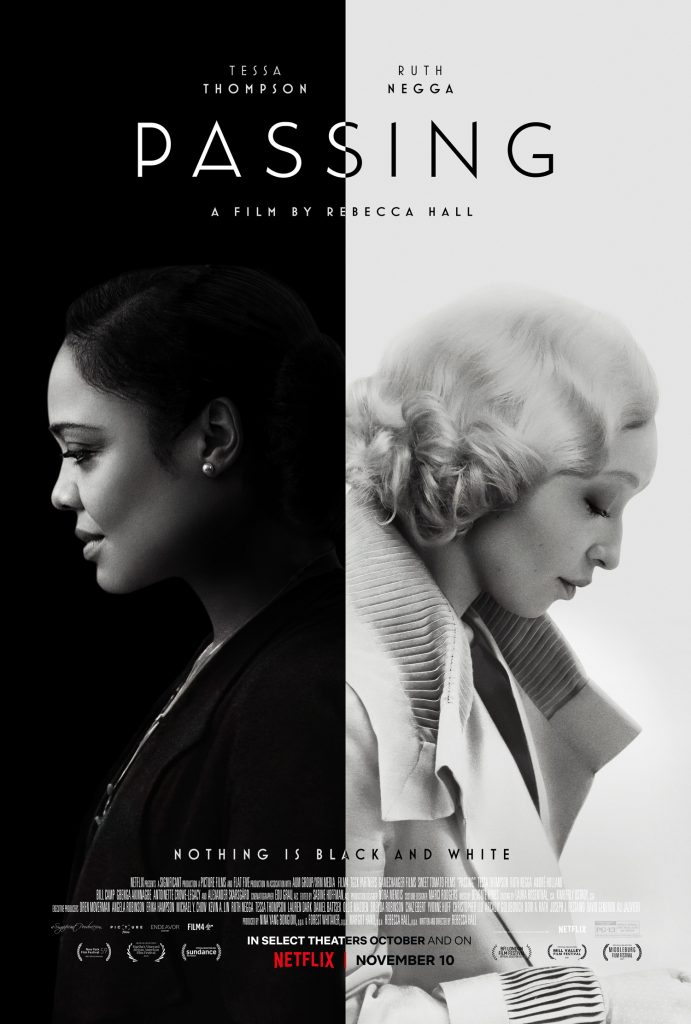Gerard Butler was born in 1969 in Paisley, Scotland. He has become one of the major international movie stars of the 2000’s. He made his film debut in 1997 in “Mrs Brown” with Billy Connolly and Judi Dench. Other films include “Tomorrow Never Dies”, “Reign of Fire” and “The Phantom of the Opera”.
With his thick Scottish brogue and manly scruff, Gerard Butler rose to big screen fame as an appealing hero in stylish, battle-oriented epics. His first big break came with the title role in Joel Schumacher’s “Phantom of the Opera” (2004) in which Butler sang his heart out, but no one really listened. The viewers who did considered him a second-rate Michael Crawford, so Butler’s supposed star-making vehicle stalled. But it became quickly apparent that he really drew the crowds when donning a shield and little else, charging into battle as a seemingly invincible warrior. Woman swooned while men stood and cheered Butler on in the historic actioners “Beowulf and Grendel” (2005) and “300” (2007), where, in the latter, he essayed the sword-wielding King Leonidas of Sparta to an over $400 million worldwide box office take. Riding the crest of post-“300″fame – during which Entertainment Weekly named him fifth on their “Ultimate Male Hottie” list – Butler proved that even with a shirt on, he still possessed appeal while grounded in the here and now. Other late-decade work included an uneven mix of action and romantic comedy films, such as “RocknRolla” (2008), “The Ugly Truth” (2009), “Gamer” (2009), and “The Bounty Hunter” (2010), alongside rumored love interest, Jennifer Aniston. By 2011, Butler’s leading man credentials were firmly established; the only question that remained was whether or not he could parlay that reputation into a sustainable career as a headlining star.
Born in Glasgow on Nov. 13, 1969, Butler moved to Montreal, Canada when he just six months old. Following the break-up of his parents two years later, his mom moved Butler and his two siblings back to Scotland, where they grew up in her home town of Paisley. The youngster was an avid moviegoer as a youth, developing the acting itch and joining the Scottish Youth Theatre, where one of his first stage roles was as a street urchin in “Oliver!” Though the seeds were sown early on, Butler veered down a very different avenue before becoming a professional actor, enrolling in the law program at Glasgow University, where he achieved exceptional grades, served a term as president of the school’s law society, and earned an honor’s degree. But he found himself uncertain about his career choice, so after graduation, moved to Los Angeles for a short time and appeared as an extra in “The Bodyguard” (1992), starring Kevin Costner and Whitney Houston. After dipping his toe unsuccessfully in the Hollywood pool, he returned to Scotland and began a traineeship at a top law firm in Edinburgh. But the lure of Tinseltown still lingered.
Two years later, after seeing a stage performance of “Trainspotting” at the Fringe Festival in Edinburgh, Butler concluded that he had made the wrong career move. He left law practice and pursued acting while working a series of odd jobs, including an obligatory stint as a waiter. During this time, he amassed a resume of stage roles in the lesser-known Shakespeare tragedy, “Coriolanus,” and as the lead in the same production of “Trainspotting” that had rekindled his desire to act. Butler transitioned to film with a supporting role in the historical drama “Mrs. Brown” (1997), starring Dame Judi Dench and Billy Connolly. A small role the 18th installment in the James Bond series, “Tomorrow Never Dies” (1997) was followed with a steady stream of British film work in “Fast Food” (1998), “One More Kiss” (1999), and an adaptation of Chekhov’s “The Cherry Orchard” (1999). Butler scored a leading role as the title character in Wes Craven’s “Dracula 2000” (2000), but despite the Craven tag, the movie flopped with audiences and critics alike. He followed up with “Harrison’s Flowers” (2002), a sobering drama set in war-torn Yugoslavia, co-starring Adrien Brody and Andie MacDowell.
With his starring role in the epic television miniseries, “Attila” (USA Network, 2001), Butler made such an impression that he was sought out by directors for similarly heroic actioners. The following year, he co-starred alongside Christian Bale and Matthew McConaughey in “Reign of Fire” (2002), an international hit about a medieval fire-breathing dragon terrorizing the streets of futuristic London. He enjoyed an enviable position alongside Angelina Jolie in “Lara Croft Tomb Raider: The Cradle of Life” (2003), before shifting gears to play a professor in the Michael Crichton adaptation “Timeline” (2003), which came and went without much notice. Joel Schumacher provided Butler with his leading man opportunity in 2004’s “The Phantom of the Opera” (2004), hopeful that the actor could bring the right blend of sensitivity to the commanding character. But the casting choice was not well-received, with Butler being a tad too handsome to inspire fear. Even more off-putting was the fact that, while not a bad singer, Butler had only a passable singing voice for a role that required power, control and passion, thus not making anyone forget the definitive vocals of the famed stage Phantom, Michael Crawford.
Despite the anti-climactic outcome of what should have been the star-making role of his career, Butler continued to broaden his range with a starring role as a stranger who becomes the World’s Greatest Dad to a nine-year-old deaf boy in “Dear Frankie” (2005), a manipulative Miramax drama. But better projects laid ahead, as Butler returned to battle – this time on the big screen – in “Beowulf & Grendel” (2006), starring as the legendary Norse warrior who faces off with the mystical monster, Grendel, in the adaptation of the literary landmark. Butler earned his share of positive notice for imbuing the foul-mouthed, swashbuckling role with a hint of the historic poem’s human themes. For his testosterone-fueled efforts, he was rewarded with a starring role as Spartan King Leonidas in “300” (2007), Frank Miller’s lavish comic book take on the famous Battle of Thermopylae between 300 Spartan warriors and the massive army of Persia’s King Xerxes. The extremely violent production drew huge audiences for its bold, sepia-toned visual style and enormously staged battle sequences. Butler’s abs alone were ticket-worthy, with the actor sheepishly being asked his workout regime in nearly every interview with the media during the film’s publicity blitz. After breaking box office records for the month of March, the unlikely hit went on to earn over $400 million in international box office sales.
Now a certified blockbuster star and certified “hottie” by every magazine and website in the world, Butler and longtime manager Alan Siegel launched their own production shingle, Evil Twins, in 2008. Their first project hoped to showcase the successful action fantasy star in another light, with Butler playing closer to home as an assistant district attorney in the thriller “Law Abiding Citizen.” Meanwhile, the actor reigned in his curse-riddled battleground training in the considerably tamer family adventure “Nim’s Island” (2008), appearing in a dual role that showed his potential as a sensitive dad, as well as a seafaring adventurer. Later in the year, he appeared in the latest stylized heist from British director Guy Ritchie, “Rocknrolla” (2008). While appearing in the modest romantic comedy, “The Ugly Truth” (2009) opposite Katherine Heigl, and the brutal actioner, “Gamer” (2009) released in quick succession, Butler was garnering headlines of a different kind while he shot the action comedy, “The Bounty” (2010) opposite media magnet, Jennifer Aniston. Portrayed as a bit of playboy throughout the summer of 2009, the press followed he and Aniston’s every move on and off set, marking Butler’s first real introduction to tabloid scrutiny. Meanwhile, he starred in the negatively received biopic, “Machine Gun Preacher” (2011), playing the real-life Sam Childers, a former biker gang member who converted to Christianity and traveled to the Sudan, where he saved hundreds of children from being abducted by a renegade guerilla group. Following the commercial and critical failure of that film, Butler was again under tabloid scrutiny; this time for entering the Betty Ford Clinic in February 2012 to treat an alleged addiction to painkillers, which he had been taking since the grueling production of “300.”
The above TCM overview can also be accessed online
here. 


































































